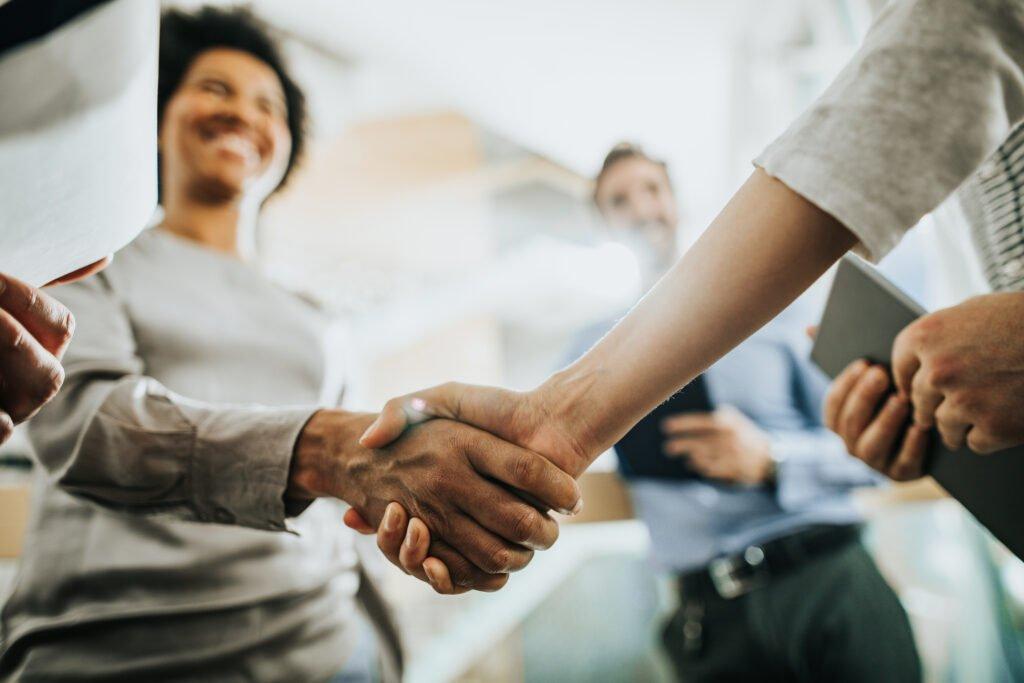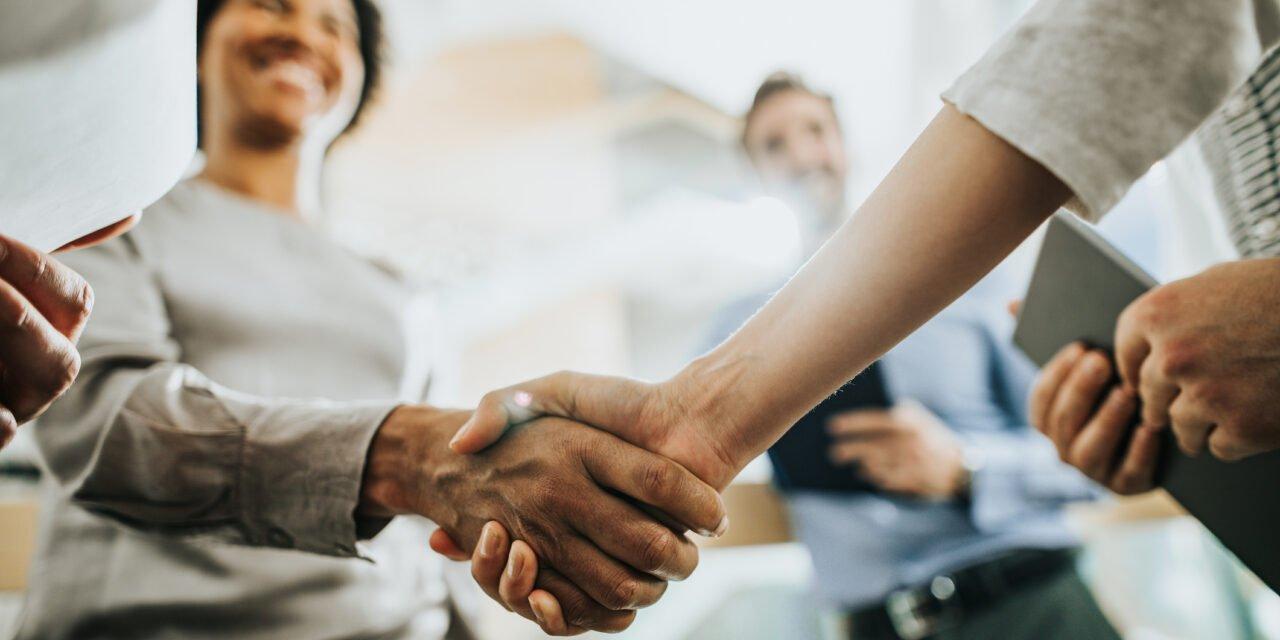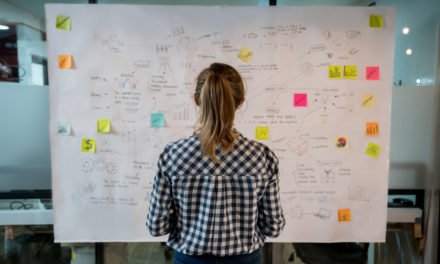
Recently, I have been reflecting on the idea of belonging and how to cultivate spaces where people feel appreciated, affirmed, and dignified. Personally, I have never felt a strong sense of belonging in most spaces I’ve had to navigate. This also speaks true to my experiences where safety and belonging are assumed — rather than something that needs to be carved out and intentionally nurtured. After all, you cannot truly belong in spaces that aren’t designed for you.
As someone who faces intersectional and layered forms of oppression, I often feel parts of my identities are diminished or erased even in seemingly “safe” spaces that are grouped together by affinity. This invisibility is often coupled with a form of paradoxical “hypervisibility” that contributes to feelings of isolation, self-doubt, and unbelonging. This realization has led me to question the very nature of spaces we move through — who are they really designed for, and who gets to feel safe(r) and acknowledged within them?
I think it is important to unpack how belonging is often treated as a passive experience, with the burden and responsibility falling on the individual. This stems from the perceived assumption that being present in a space equates to feeling included, and that you belong there. Unless we actively commit to creating the conditions for safety and accountability, we risk reproducing similar patterns of violence that uphold systems of harm and oppression.
We need to recognize that spaces designed to maintain the status quo are built on the expectation of our submission and conformity. Learning from the wisdom of Alok Vaid-Menon, we understand how “Conformity requires us to minimize our differences for the greater good. We fear that if we don’t conform, we will be abandoned, but there is no loneliness like having people only see you after you’ve erased yourself.” The true power lies in giving ourselves the permission to reject the normative standard and shifting our focus toward nourishing generative spaces that allow us to realize our full(er) potential.
A very real phenomenon I have observed is how many folks get caught up in the struggle for gaining “a seat at the table.” While there is validity in fighting for representation, we must not lose focus of our shared commitment to dismantling systems built on exclusion, othering, and dehumanization. What often ends up happening is that fighting for “scraps” consumes us entirely and hinders our ability to imagine possibilities that are dignifying and liberating.
Reclaiming our power requires us to create pockets of tenderness, joy, and rest. This is easier said than done, especially when our right to nurture ourselves and our communities is stolen from us. Many of us are conditioned to feel guilt, shame, and selfishness for protecting our peace and honoring our bodies. In reality, sustaining ourselves is necessary for survival and resistance, especially within spaces that are designed to demonize and discard us. Audre Lorde’s sacred knowledge taught us to embody how “Caring for myself is not self-indulgence, it is self-preservation, and that is an act of political warfare.”
Personally, I have found it helpful to recalibrate myself and intentionally shift how and where I choose to show up and be present. We often pour our heart, energy, and labor into relationships and spaces that wear us out and do not respect our boundaries. This is often coupled with the added burden of wanting to shape change or being expected to. To truly transform spaces and foster a sense of belonging, we need to take deliberate and tangible steps to address the root causes of inequity and harm. Building networks of care and accountability is critical to ensure we can protect those who are disproportionately impacted. I believe this is only possible when we are collectively able to lean into discomfort and disrupt power differentials to destroy the status quo.
I invite you to reflect on what it means to belong to and in a particular space. How can we understand belonging as a collective experience? What possibilities open up when we learn to reclaim our power?




















Hi! I really enjoyed the reflective nature of this read! It would be really great to see examples of this text being situated in real life—maybe in organizations/spaces that have effectively made changes to help facilitate such empowerment? Always great to learn from real life examples and experiences, I think it also helps bring cerebral reads to a more ‘human scale’! Keep up the amazing work.